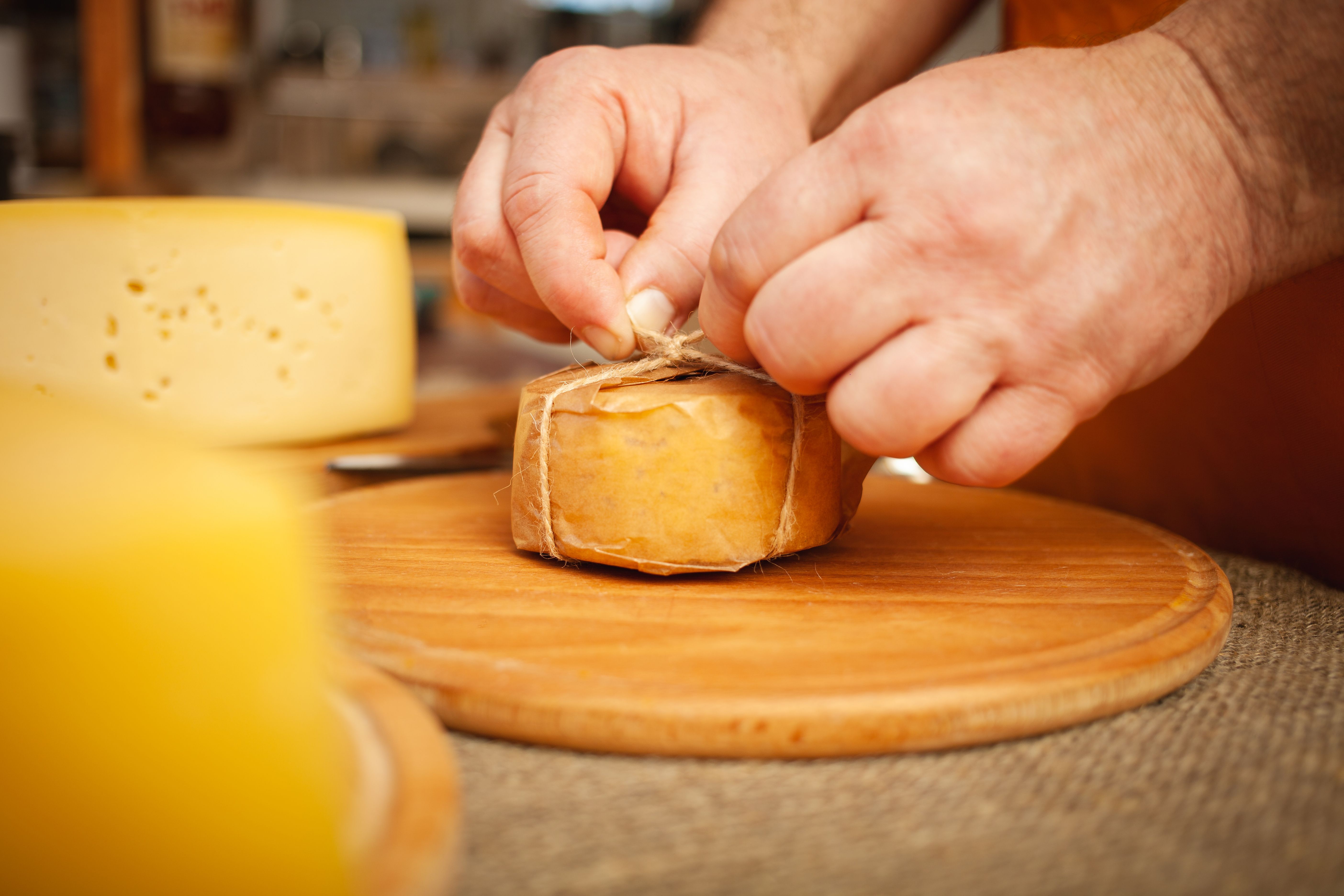The Rise of Gourmet E-Commerce: What You Need To Know To Stay Ahead

Since Covid-19 first hit, the global e-commerce market has broken record after record – it is no longer necessary for consumers to touch and feel their groceries before purchasing them. The e-commerce F&B industry is experiencing rapid growth, with research estimating it to reach US$ 71.62 billion by 2028, with a compound annual growth rate of 17.8%. In MENA alone, food delivery is one of the leading categories in the e-commerce market with annual market size of US$ 834 million. Several factors are driving this steep upward trajectory, including a sweeping shift in consumer habits towards online grocery shopping, ready-to-eat food delivery, and a growing interest in healthy sustainable food.
A growing opportunity exists for niche, gourmet, and novelty food ingredients, according to Fi Global Insights, as online meal kit services such as HelloFresh, Marley Spoon, and Gousto are delivering meal plans, recipe guidance, and ingredients directly to consumers. It is estimated that the global specialty foods market will reach $224.88 billion in 2026 at a compound annual growth rate of 7.2%.
Indeed, these types of services are among the e-commerce companies that have attracted investors recently. For example, a leading online grocery marketplace operating in the UAE, elGrocer, has been acquired by Etisalat Group, an Emirates Telecommunications Group Company. With more than 500 stores and 120,000 products listed, the platform combines major retailers and specialty stores.
By 2025, the e-commerce sector is expected to be the new source of growth in retail, exceeding $50 billion in sales. According to Mintel's David Browne, senior analyst at the Winter Fancy Food Show held last year, e-commerce, which represents 2% of the specialty food retail market at $3 billion in sales, is a significant contributor to this industry
Long-term consequences of COVID-19
In the wake of the pandemic, consumers around the world turned to their smart devices for everything from groceries to clothing, causing a seismic shift in consumer spending habits.
In the Middle East specifically, there were promising indications that the shift to online has had a prodigious effect: Instashop has seen a 70% increase in app downloads, a 53% increase in orders, and an average basket value increase of 70%.
According to Noon, 2,500 retailers are actively pursuing e-commerce capabilities, making the future promising.
Similarly, elGrocer, a Dubai-based grocery delivery company, researched to prove that consumers continue to shop online due to a fear of contracting Covid-19 and for time efficiency purposes. This is still evident two years later that e-commerce is continuing to gain traction despite Covid-19 being under control.
These are some e-commerce trends and opportunities gourmet & fine food retailers can leverage:
Sustainability, Ethics, and Transparency
Consumers are more conscious of the impact of their purchasing habits than ever before. There is a growing awareness of sustainability when shopping online and many consumers are looking for ways to conserve the planet’s resources. According to a study done by Mintel 2021, when it comes to shopping online, up to 84% of respondents said they would more likely to shop with an online retailer that has made a clear commitment to sustainability.
Because of the long-lasting legacy created by the pandemic, retailers may be able to meet the growing customer desire for sustainable shopping if they source food locally to support regional producers and minimize food transport miles.
Transparency and ethical selling can take many forms in this industry. It requires providing a full and detailed list of ingredients and information on where they are sourced from.
A great example of this is Sasha’s Fine Food company, Singapore's gourmet online grocer which helps customers make better sustainable food choices. Pioneering in sourcing food closest to its natural state, Sasha's Fine Foods ensures the end-to-end supply chain is as eco-friendly as possible.
Being sustainable, ethical, and transparent provides differentiation and can lead to higher margin product ranges. Additionally, retailers would benefit from reduced supply chain risk and costs by shortening the supply chain.
Subscription and Fast Shipping Deliveries
Having a super-fast delivery service is a must for any online business, especially when selling gourmet and fine foods. Same-day delivery methods like Talabat, UberEats, Deliveroo, and Instacart have raised customer expectations for seamless delivery.
Likewise, there is a growing trend in the F&B industry to offer curated or replenishment subscriptions - in fact, subscription enrollment jumped 48% in 2020, with a 25% increase in food and beverage subscriptions alone. A significant change in consumer behavior has emerged with the rise of food subscriptions, with shoppers looking for convenient, reliable, and most importantly safe ways to restock their pantries and try new products and brands.
Telling A Story
In today's F&B marketplace, consumers are dissecting the story behind their purchases more than ever, so much so that the journey an item takes before it reaches them is even more important than its actual content. Leveraging on this is crucial for any business trying to convey a positive story to the customer and there’s never been an easier way to do so than different formats given by e-commerce tools.
For instance, Christophe Barrett, CEO of Classic Fine Foods (CFF) and food sourcing specialist, says that provenance is everything for their products. CFF helps food industry operators tell their stories to customers. A great way for those in the gourmet and fine food industry to spread the word about their brand, build relationships, and develop loyal customers is indeed through online tools.
While it is difficult to predict with any certainty what future twists and turns will await the market, e-commerce is likely to remain high, albeit at lower levels than at the peak of the pandemic. According to Ciaran Bollard, CEO of e-commerce platform Kooomo, online sales will indeed dip, but "e-commerce is undoubtedly here to stay.".
An underlying theme linking all of these trends and aspects is one of the most compelling recent phenomena: the rapid rise of digital technology and the dawn of a new era in which multi-channel systems and presences on social media have become increasingly essential to business today. A hybrid environment that combines physical and digital environments, i.e. an in-store experience along with online sales through e-commerce platforms, has also become increasingly commonplace.
With the growth in this market comes an increase in competition, which means that companies need to be sure their products stand out from the crowd. Stay ahead of the curve. Attend The Speciality Food Festival on November 8-10 at Dubai World Trade Centre to discover the latest trends, innovations, and solutions in the industry.


)
)
)
)
)
)
)
)
.png/fit-in/500x500/filters:no_upscale())
)
)
)
)
)
)
)
)
)